Puppy Diarrhea
Puppies often face tummy troubles like diarrhea and vomiting, which can be alarming for pet owners. Their stool can vary from being just soft to entirely liquid, sometimes even containing blood. Understanding these signs helps in deciding whether immediate veterinary care is necessary or if it’s safe to wait for a scheduled appointment.

The reasons for diarrhea in puppies can be minor digestive upsets or serious infections. Recognizing the appearance of the stool and knowing when to seek professional help is important for a puppy’s health. This guide provides insights into identifying symptoms and understanding possible causes.
Understanding Puppy Diarrhea
Puppy diarrhea can be worrying. It’s important to know what causes it, recognize the symptoms, and understand when to visit the vet for help. This guide will provide essential information to help you care for a puppy experiencing diarrhea.
Causes of Puppy Diarrhea
There are many reasons why a puppy might have diarrhea. Dietary changes, such as switching dog food too quickly, can trouble a young dog’s digestion. Parasites like worms are common culprits, often picked up from their environment. Puppies are curious and might eat harmful objects or substances, leading to stomach upset.
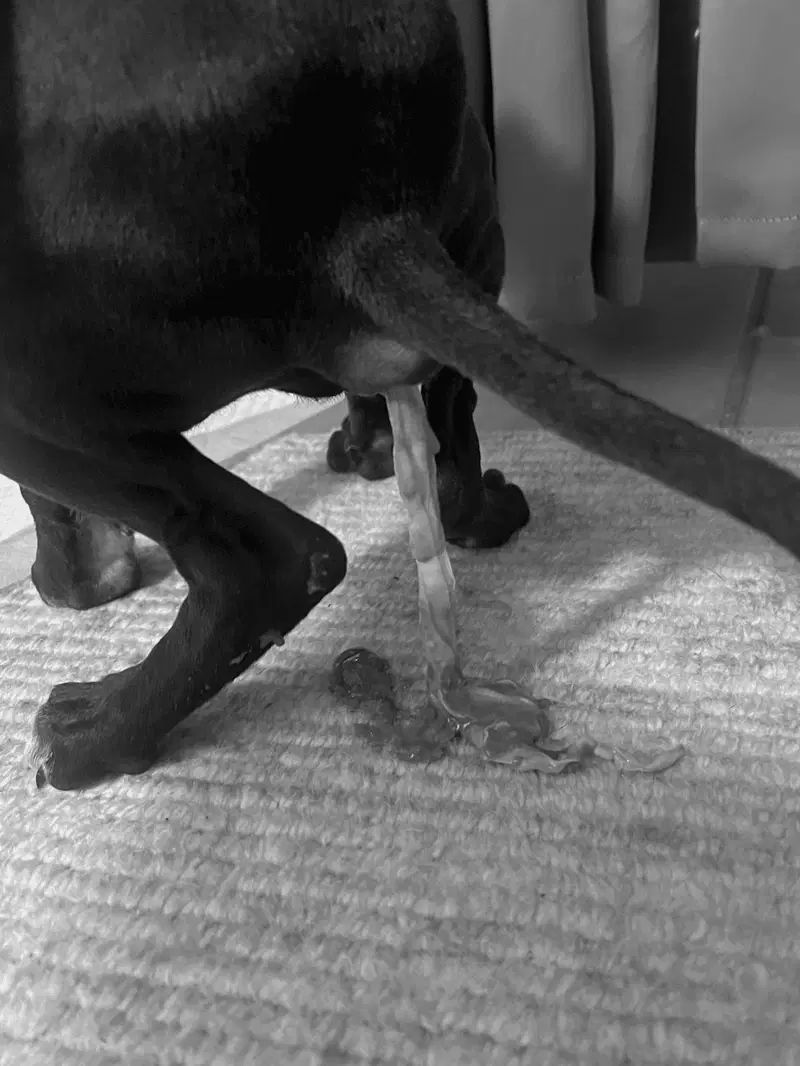
Infections can also cause diarrhea. Viruses like parvovirus are serious and need veterinary intervention. Stress from changes in routine or separation anxiety can also lead to digestive issues. It’s crucial to observe a puppy’s behavior and environment to identify potential causes.
Symptoms to Monitor
Recognizing the signs of puppy diarrhea is crucial for timely action. Look for frequent loose stools, which may have a different color or smell than usual. Other indicators include a lack of appetite and possible vomiting. Puppies may appear lethargic or show signs of dehydration like a dry nose or gums.

Keep an eye on the puppy’s weight. If the diarrhea persists, weight loss can occur quickly. Intense or prolonged diarrhea may warrant more attention, especially if it includes blood or a dark, tarry appearance. Always note any additional symptoms alongside diarrhea to help determine the cause.
When to Seek Veterinary Care
Puppies can become dehydrated quickly, so it’s important to know when to seek help. If diarrhea lasts more than a day or is accompanied by vomiting, a fever, or signs of discomfort, visiting a vet is crucial. Puppies require more immediate care to avoid serious complications.
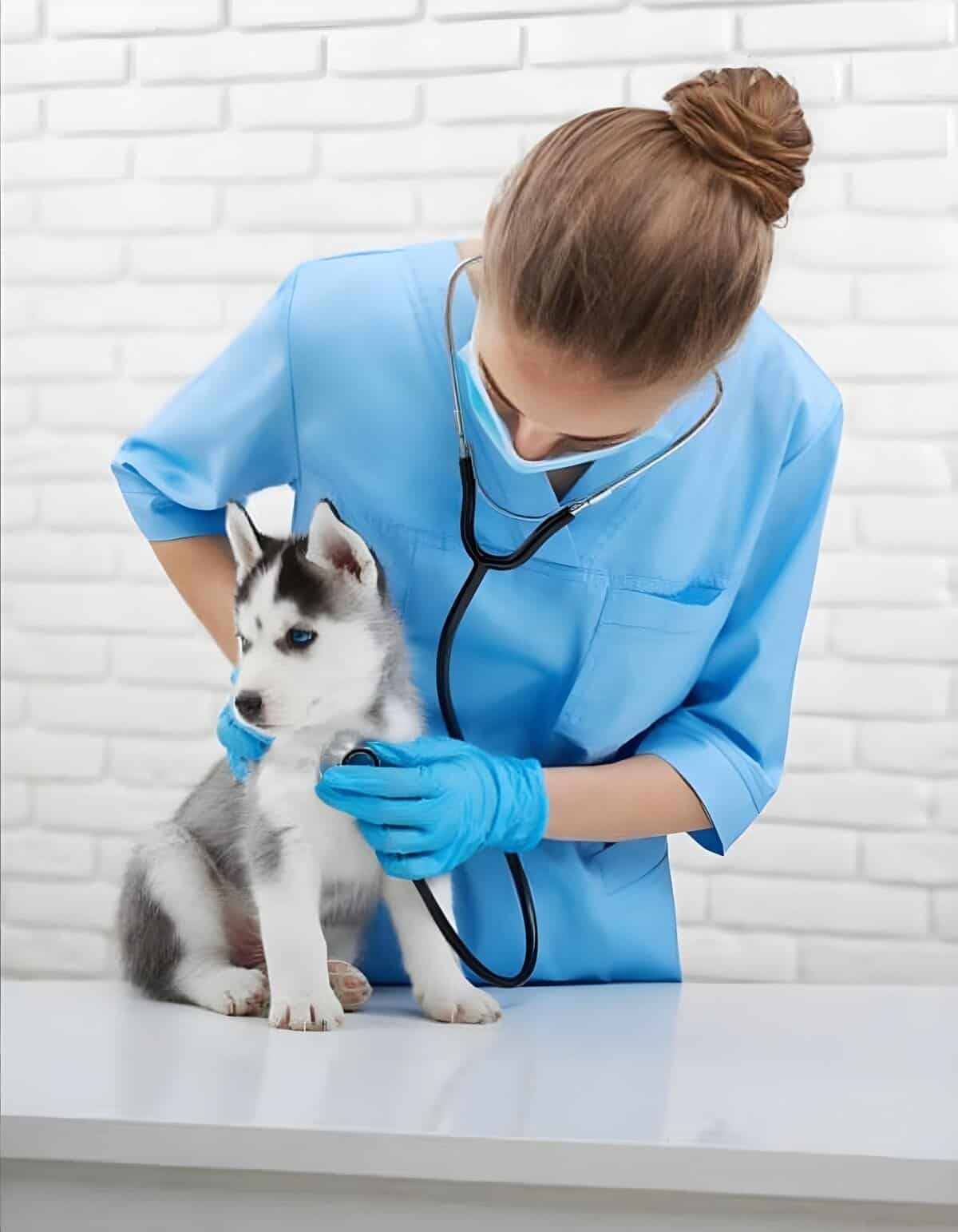
If there’s blood in the stool or the puppy appears in pain, reach out to a veterinarian immediately. It’s better to be cautious with puppies, as their bodies are still developing. Routine checks by a vet can ensure that a puppy is in good health and address any issues early on.
Steps to Take If Your Puppy Has an Upset Stomach
When experiencing tummy troubles, the first step is to determine if it’s urgent. Seek veterinary care right away if your puppy shows these warning signs: Bright red or black stools, watery diarrhea, frequent vomiting, lack of energy, refusal to eat or drink, weakness or collapse, respiratory issues, tremors, or seizures.
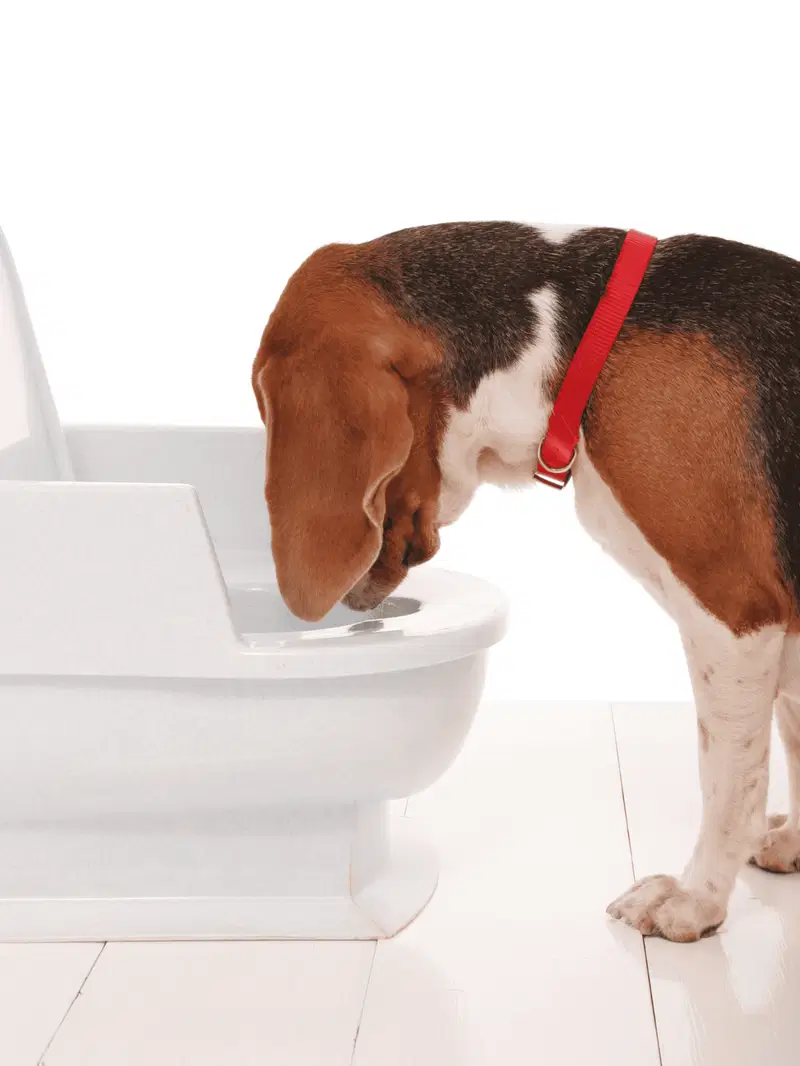
If diarrhea is the only issue and your puppy is playful and eating well, it might be safe to monitor them for a day or two. Keep them away from other dogs to prevent spreading any possible infection.

Before adjusting their diet or using over-the-counter medicine, consult a veterinarian. Puppies have sensitive systems, and professional advice is crucial. The vet may suggest offering a bland meal such as boiled chicken and rice. Sweet potato or pumpkin can be added to help digestion and increase fiber, which may help solidify the stool.
Consider getting a probiotic supplement as advised. They help balance the gut by introducing beneficial bacteria, which can support a developing digestive system. Always follow veterinary recommendations to ensure your puppy stays healthy and recovers quickly.
Enjoying this read?
We publish this content for free to generate interest in our Premium members' area. By subscribing, you can ask the writer any questions related to pet care and this article, get access to 100+ Premium Pet Care Guides and go Ad-Free with DogFix Premium for $2.99.
Varieties of Puppy Diarrhea
Loose Stool

Puppies often have loose stools, which can be an early sign of diarrhea. If the stool remains soft without additional symptoms like blood and the puppy is active, eating, and not vomiting, immediate vet visits might not be necessary.
It’s still recommended to contact your vet to discuss the situation. They may suggest bringing in the puppy or providing a fecal sample for further analysis.
Bloody Diarrhea
Red-tinged diarrhea can be alarming and might suggest a medical problem. Sometimes, it arises from inflammation in the colon and can result from things a puppy should not consume, parasites, or infections like parvovirus or E. coli. A small amount of bright red blood might not be serious, but it is crucial to inform your vet.

If the blood is more substantial or if symptoms like vomiting, refusal to eat, lethargy, nasal discharge, or sneezing are present, urgent veterinary care is required. Unvaccinated puppies with blood in their diarrhea for over 12 hours need immediate specialist evaluation to eliminate the risk of life-threatening diseases.
Mucus in Diarrhea

Mucus appearing in a puppy’s diarrhea can signal inflammation in the colon walls. A little mucus isn’t cause for worry, but if other troubling symptoms appear, a vet visit is prudent.
Vomiting with Diarrhea
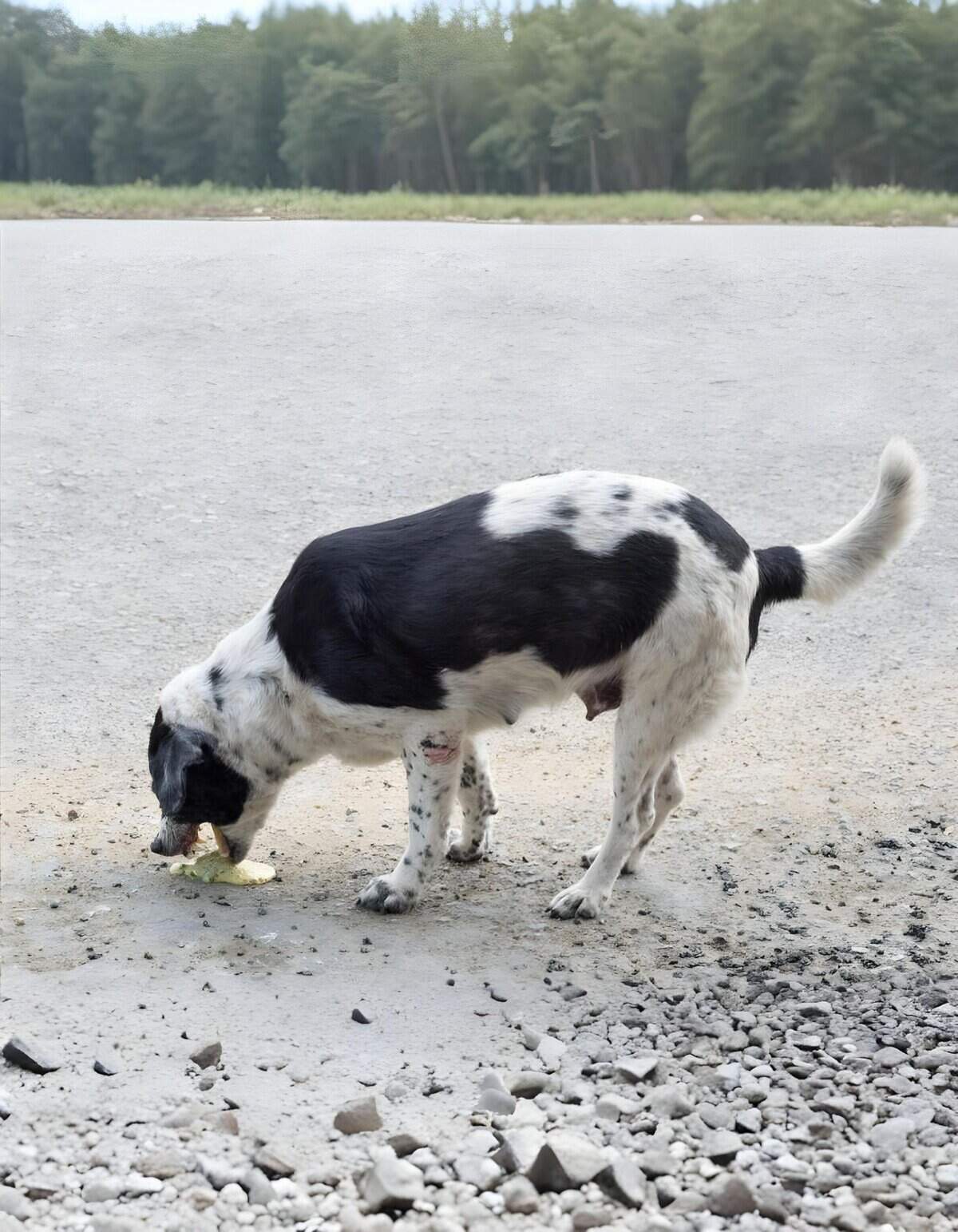
When puppies experience both vomiting and diarrhea, it indicates more widespread inflammation, potentially affecting the stomach and upper intestines. While diarrhea alone can cause dehydration, the combination with vomiting can escalate rapidly to dangerous levels of dehydration. Quick medical attention is important if such symptoms appear together.
Yellowish Diarrhea
The presence of yellow hues in diarrhea may indicate faster intestinal movement due to inflammation. Conditions causing inflammation can lead to this change in stool color. Also, offering chicken and rice—a common remedy for stomach upset—can create yellow-colored stool.
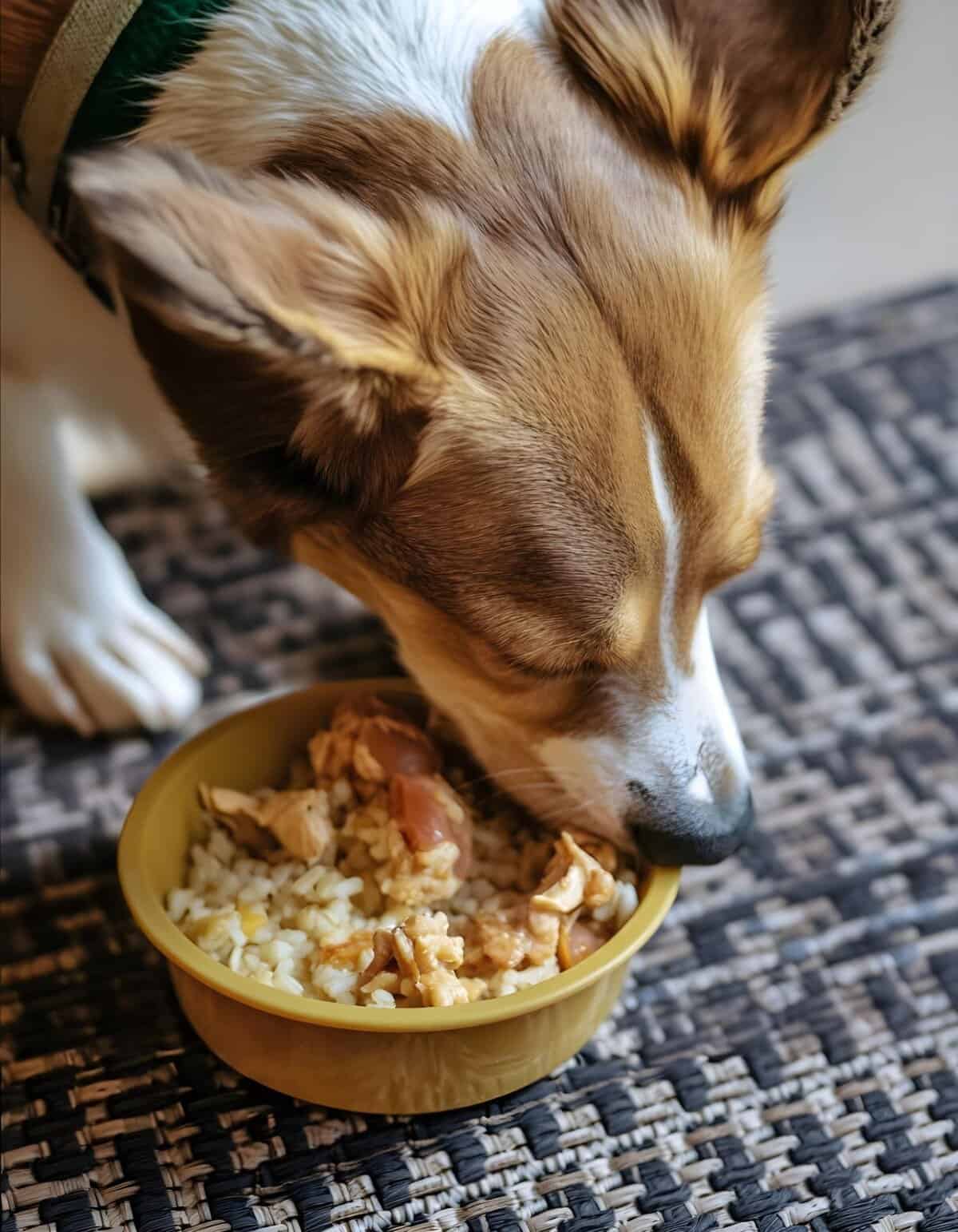
Observing yellow stool soon after starting this diet, while the puppy remains lively with improving stool form, usually isn’t worrying. Keep communication open with your vet if there are any concerns about these changes.
Reasons for Puppy Loose Stools
Bacterial Illnesses
Puppies have developing immune systems that might struggle to fend off harmful bacteria like E. coli, Salmonella, and Clostridium. These bacteria can thrive more than usual, particularly in young dogs, leading to severe issues.
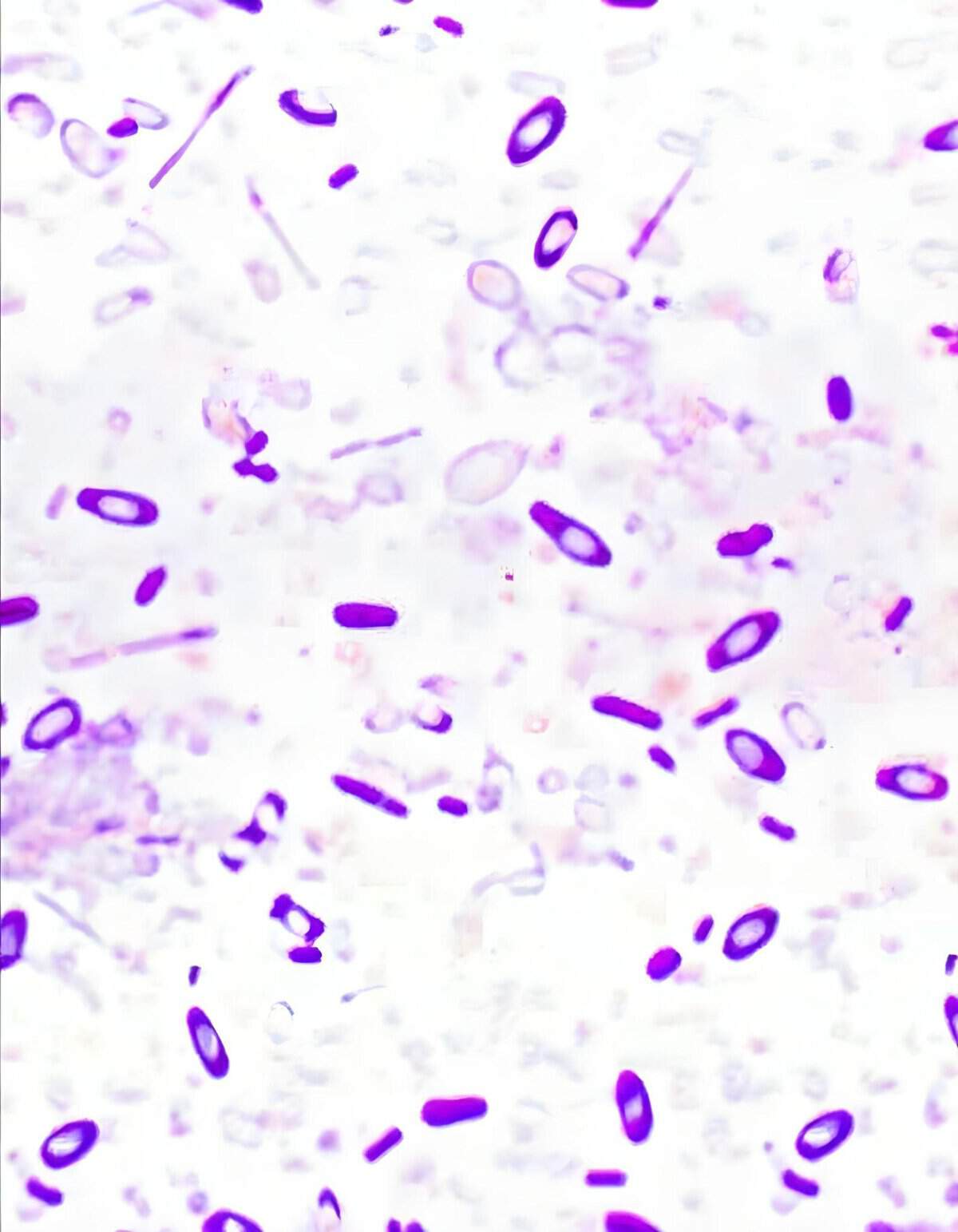
Salmonella is often linked to eating raw or undercooked meat, while E. coli and Clostridium naturally exist in a dog’s lower intestines. In puppies, these bacteria can multiply excessively, causing significant health problems.
Viral Diseases
Puppies receive several vaccines to protect against dangerous viruses, including parvovirus, distemper, coronavirus, and adenovirus.
Parvovirus is highly contagious and affects cells that divide rapidly, including those in the stomach and intestines, causing symptoms like diarrhea and vomiting. Distemper virus affects the respiratory and neurological systems. It often begins with signs like coughing and digestive issues before progressing to more severe problems.
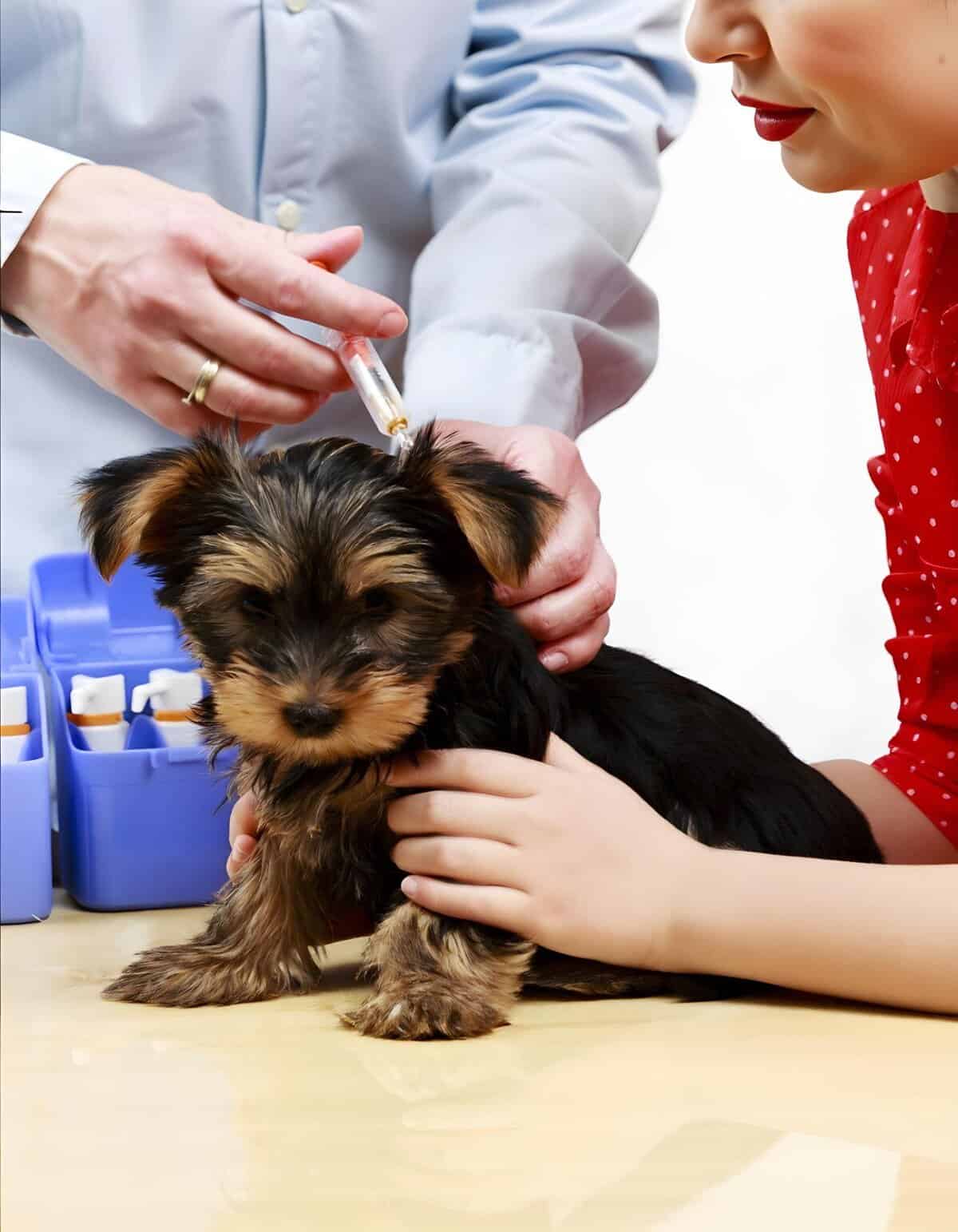
Coronavirus can lead to severe gastrointestinal troubles in young dogs, although older dogs might carry it without showing symptoms. Adenovirus in puppies can result in issues like liver inflammation, leading to symptoms such as jaundice and digestive problems.
Internal Invaders
Commonly referred to as “worms,” parasites like roundworms, hookworms, whipworms, tapeworms, Giardia, and Coccidia are a significant concern for puppies. These parasites can pass between dogs easily, especially affecting those with immature immune systems.
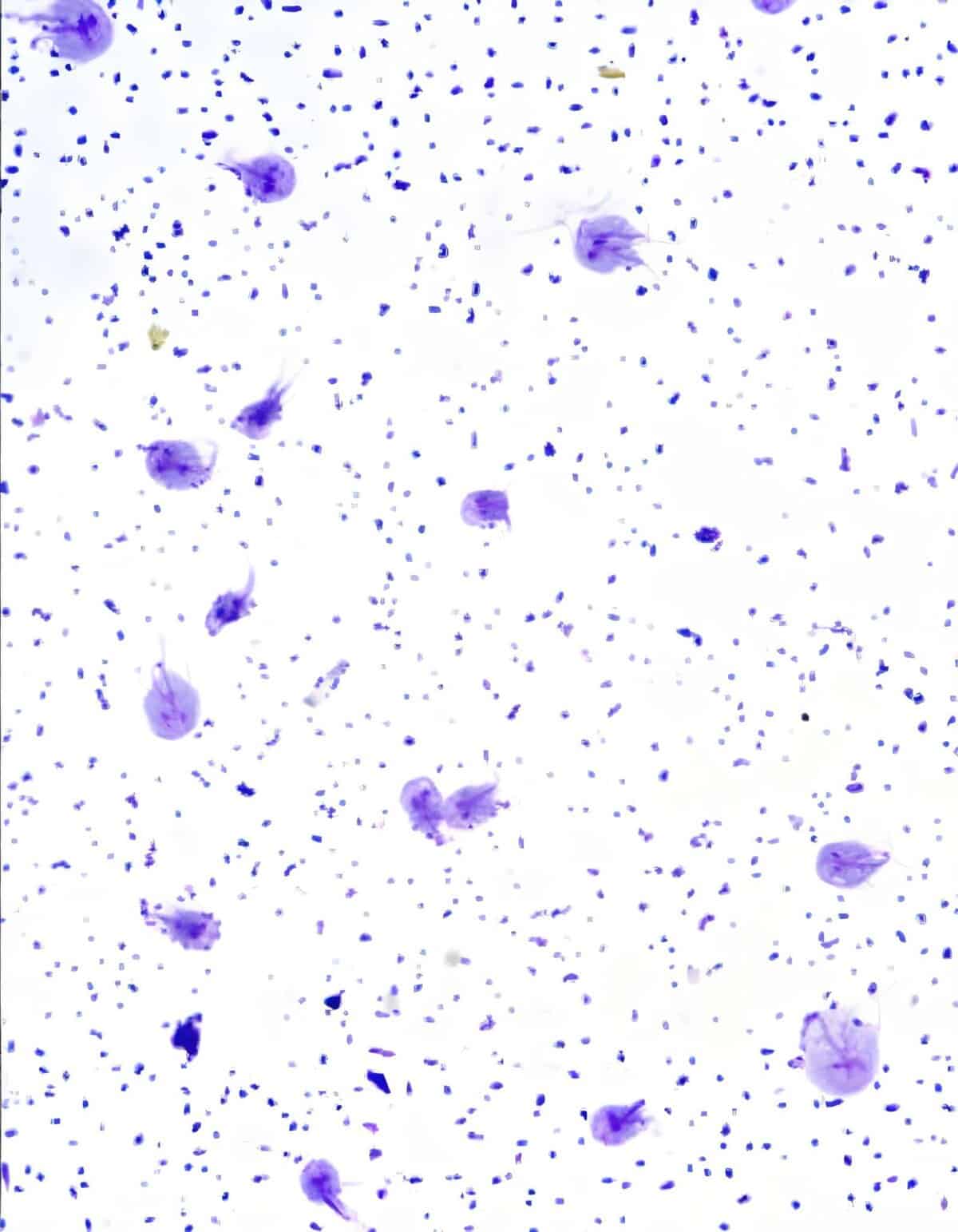
While many people believe you can easily spot these parasites in a dog’s waste, often a microscope is needed. They reside in the intestines, causing symptoms like diarrhea, weight loss, vomiting, and lethargy. In severe cases, the intestines can become blocked due to a condition called intussusception, compounding the issue.
Anxiety or Stress

Stressful situations can cause the colon to inflame, resulting in belly issues like diarrhea or vomiting. Just like human irritable bowel syndrome, stress-related problems in puppies can lead to noticeable changes in their stools. Situations like being left alone, visiting the vet, or unexpected car rides can trigger these responses.
Dietary Changes or Sensitivity
Sudden shifts in diet, such as introducing new foods or treats, often lead to stomach upsets in puppies. Puppies thrive on routine, and abrupt changes can disrupt their delicate digestive balance. It’s wise to introduce new foods slowly over a week and test new treats in small amounts.
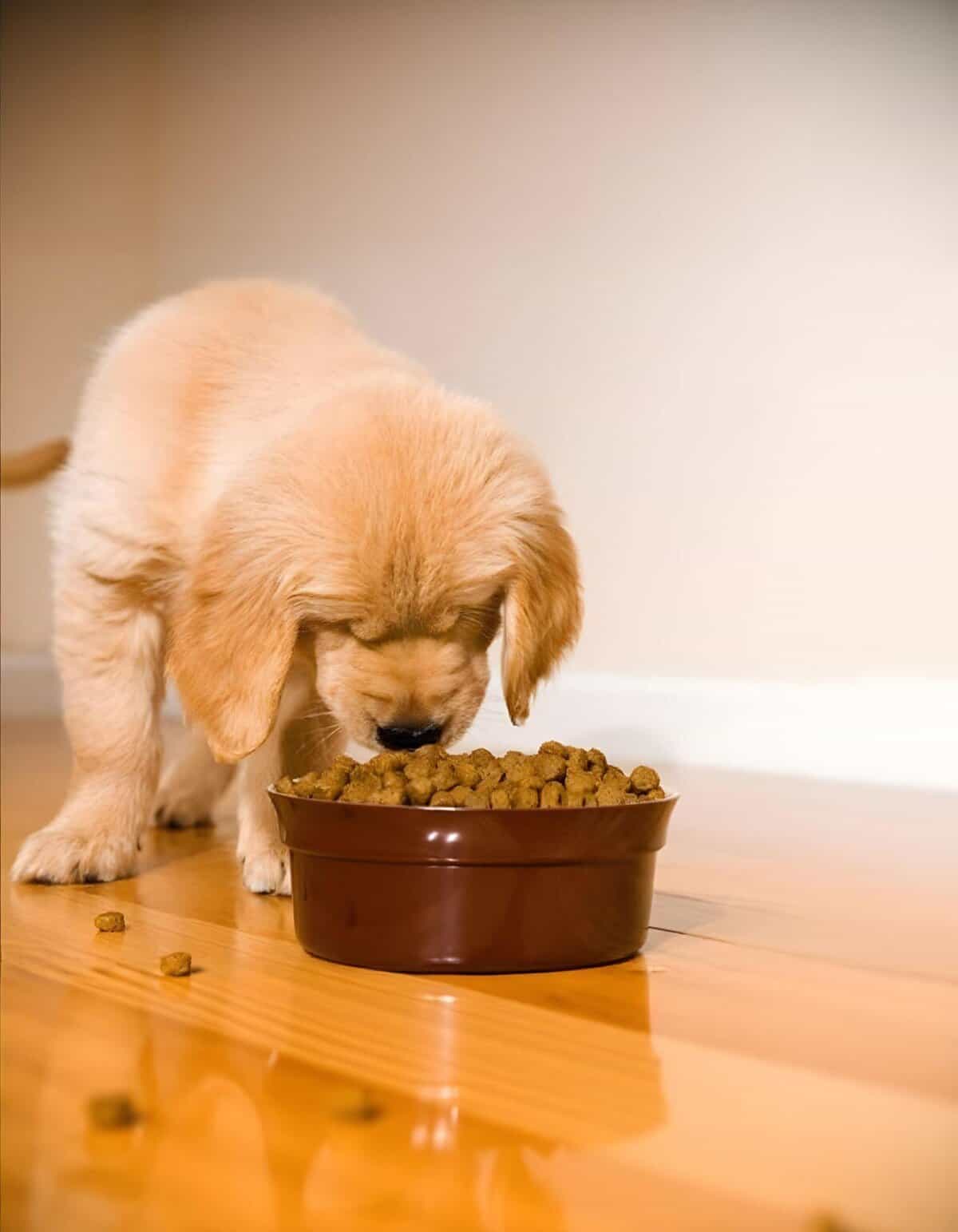
Feeding puppies from adult meals is discouraged as human food often contains high fats and oils, leading to stomach discomfort. Puppies might also find inappropriate food scraps outside. Although food allergies usually appear later in life, puppies can still react to certain proteins. In such cases, a vet might suggest trying different diets or specific puppy formulas.
Ingestion of Toxins or Non-Food Items
Puppies are naturally curious and often explore their world by putting things in their mouths. This behavior puts them at risk of ingesting harmful substances or items not meant for eating. Not everything swallowed leads to diarrhea; some things, like certain objects, might even cause the opposite effect, such as constipation.

It’s important to keep a close watch on puppies, whether they’re indoors or out, to prevent them from swallowing anything dangerous.
Diagnostic Approach
A methodical approach is necessary when dealing with puppy diarrhea. Vets perform initial checks and tests to find the cause and decide on treatment.
Initial Veterinary Assessment
Puppies with diarrhea need a thorough check by a vet. They often ask about the puppy’s diet, recent changes, and any other symptoms. A physical exam helps spot signs of dehydration, pain, or fever.
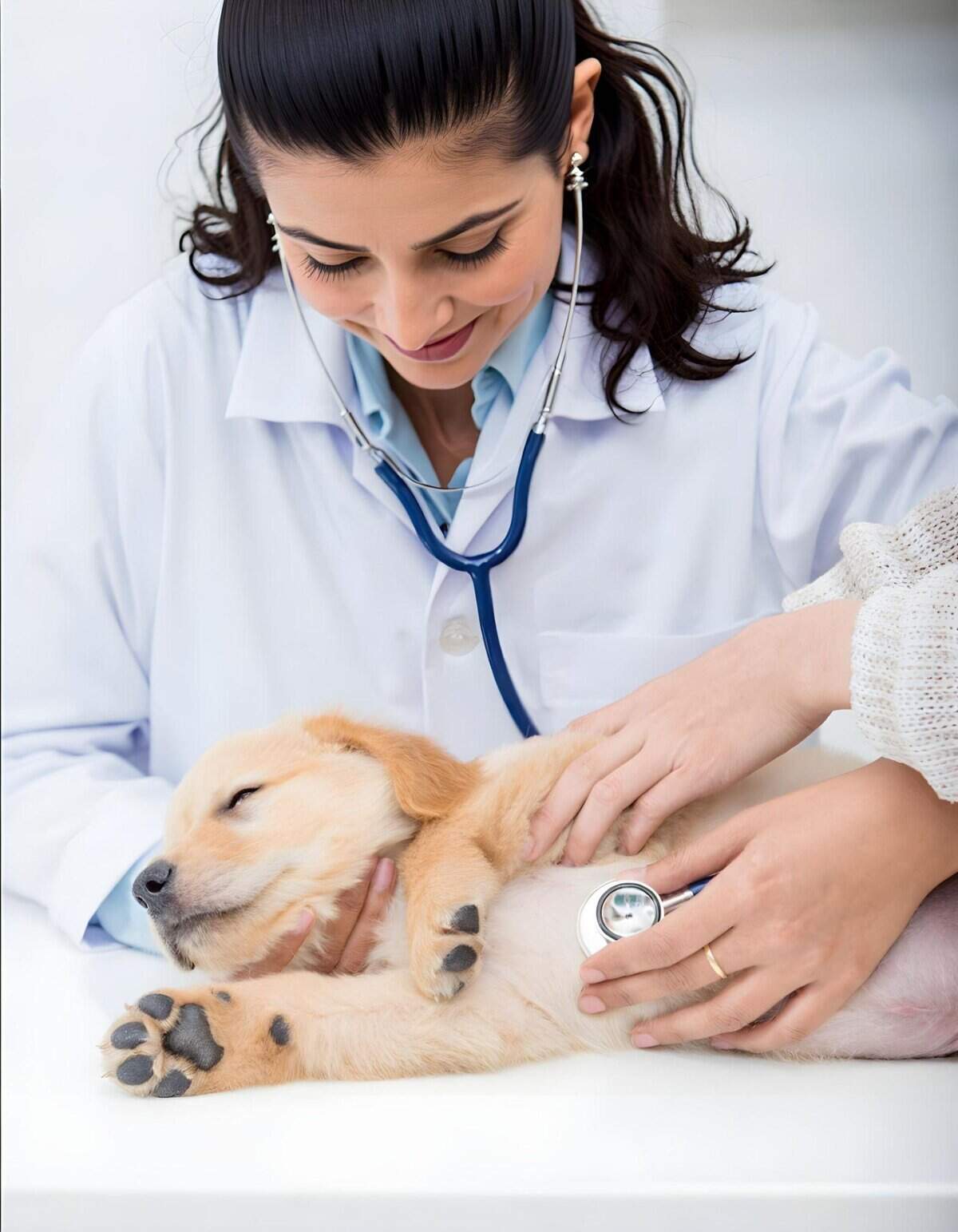
The vet checks the puppy’s heart rate, temperature, and abdomen for swelling or discomfort. These checks help the vet understand the issue’s seriousness. If the puppy shows severe symptoms, like bloody diarrhea or vomiting, immediate attention is needed.
Common Diagnostic Tests
Several tests help pinpoint the cause of diarrhea. Fecal tests check for parasites like worms or protozoa. A complete blood count (CBC) helps detect infections or inflammation. Biochemistry profiles assess liver and kidney health.

Sometimes, specific tests like X-rays or ultrasounds are used to view the intestines. If dietary causes are suspected, an allergy test or food trial may be suggested to eliminate allergens. These tests guide the vet in choosing effective treatments.
Addressing Puppy Digestive Issues
Addressing digestive issues in puppies involves different approaches depending on the underlying cause. Here are some common treatments:
Bacterial infections
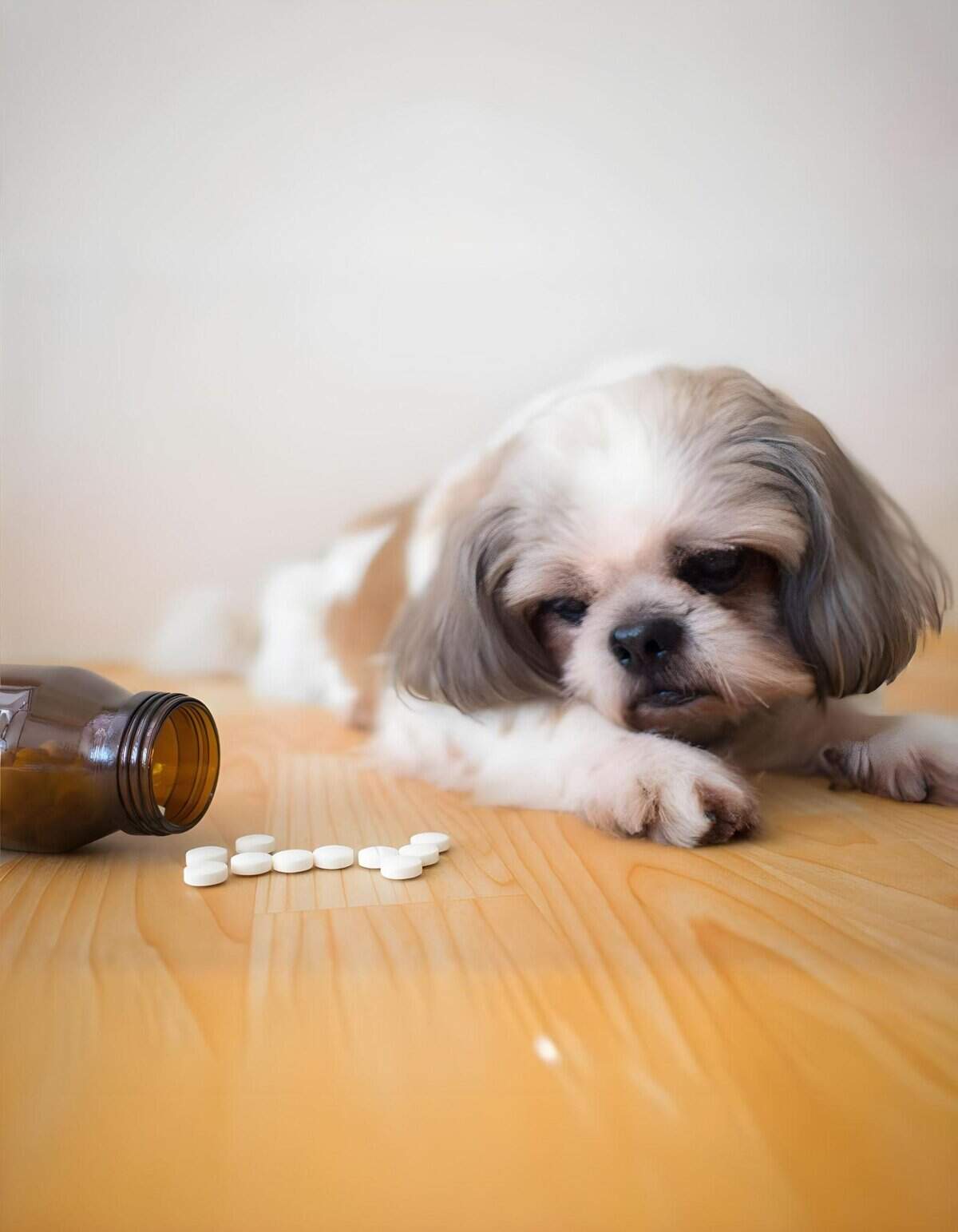
Puppies receive oral antibiotics for minor bacterial issues. Severe infections might require hospital treatment with intravenous antibiotics and fluids.
Viral infections
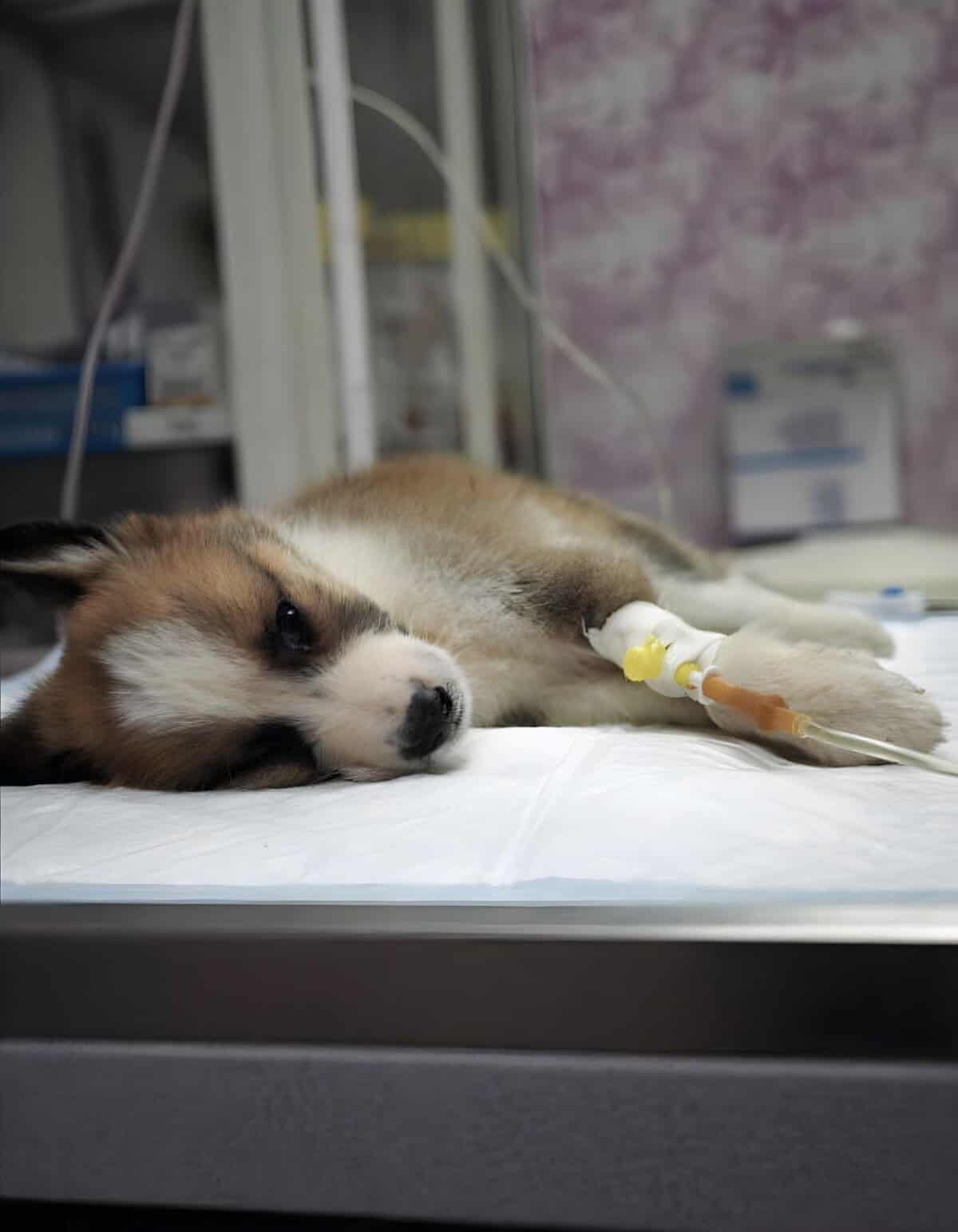
Mild viral cases are managed with stomach protectants and nausea medicines. Antibiotics may be given to handle secondary bacterial infections that puppies are susceptible to. More serious viral infections call for hospital care with fluids and strong intravenous antibiotics.
Internal parasites
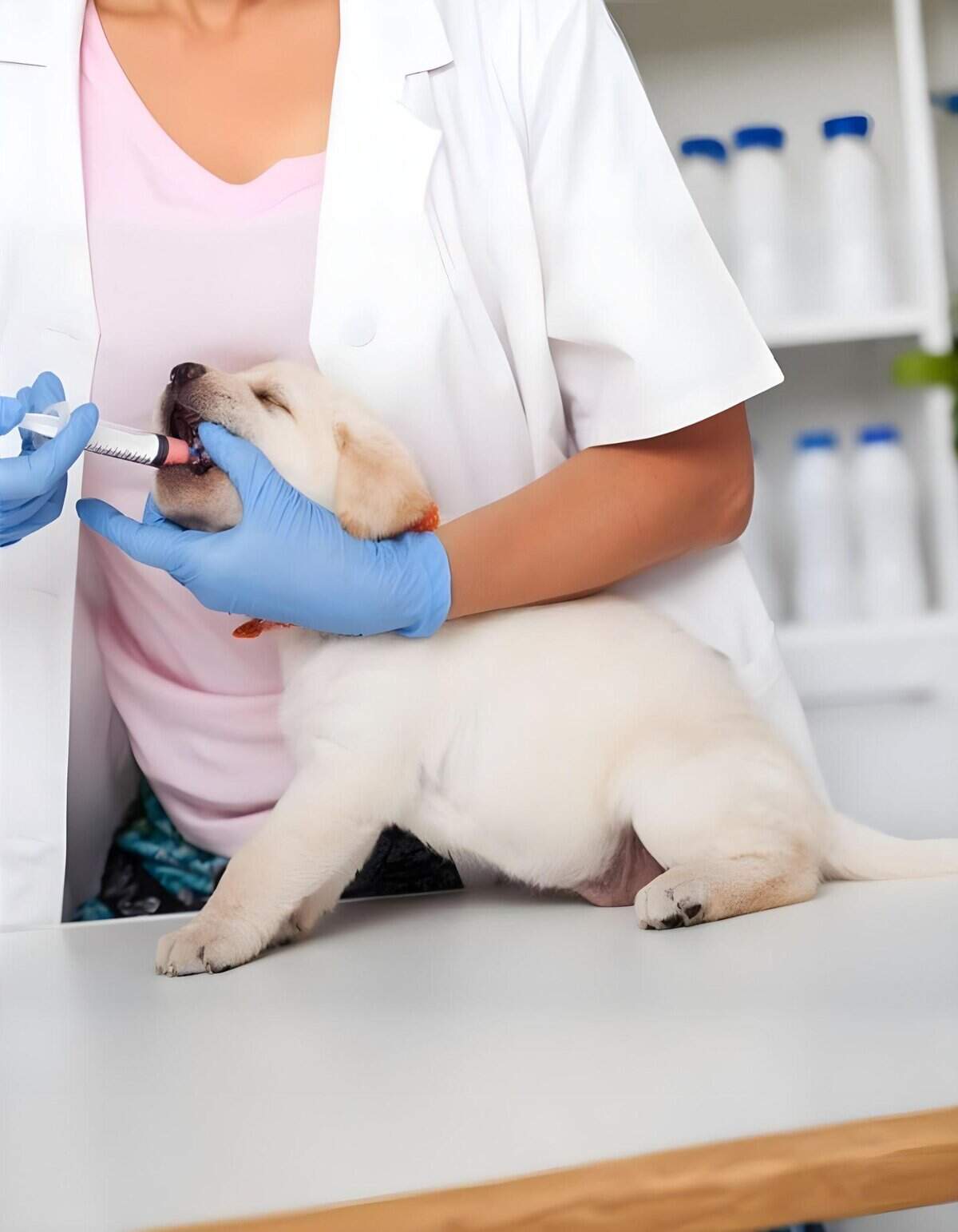
Parasites are treated using specific medications aimed at the type of parasite involved. Probiotics can also be used to encourage healthy gut bacteria, aiding in fighting the parasites.
Dietary issues
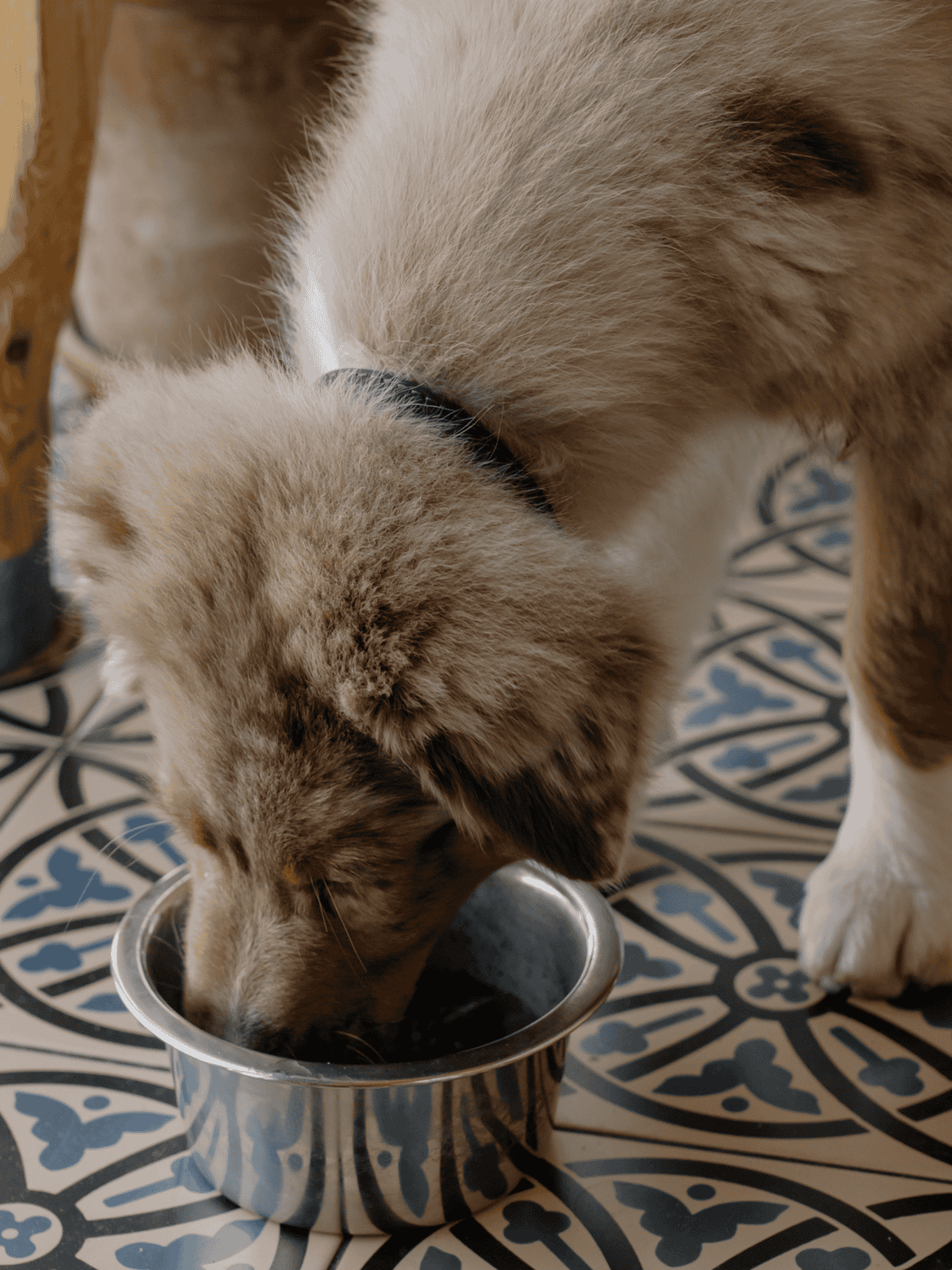
When diet is the issue, removing the offending food and using metronidazole can relieve symptoms. Switching to a bland or new protein diet plus probiotics can help manage mild to moderate intolerances. Avoid giving puppies human food and sudden diet changes to prevent stomach upset.
Toxins or foreign objects
Determining the exact toxin can be difficult unless it is known to be ingested. Contacting a pet poison control hotline can provide advice on treatment. Small foreign objects might pass naturally with the help of oral medicines like anti-nausea medications, metronidazole, and probiotics. Larger objects may need removal through endoscopy or surgery.

For any instance of diarrhea, seeking a vet’s evaluation is important, especially if the puppy is not fully vaccinated. Early diagnosis and treatment can lead to better outcomes for the puppy’s health. Ensuring prompt veterinary care makes a significant difference in resolving puppy diarrhea effectively.
Preventive Measures
Helping puppies stay healthy involves vaccinations, parasite management, and the right feeding practices. These steps can greatly reduce the chances of diarrhea in young dogs.
Vaccination and Parasite Control
Keeping up with vaccinations is key to preventing diseases in puppies. Illnesses like parvovirus and distemper can cause severe diarrhea. Puppies need their first vaccines around six to eight weeks of age, followed by regular booster shots.
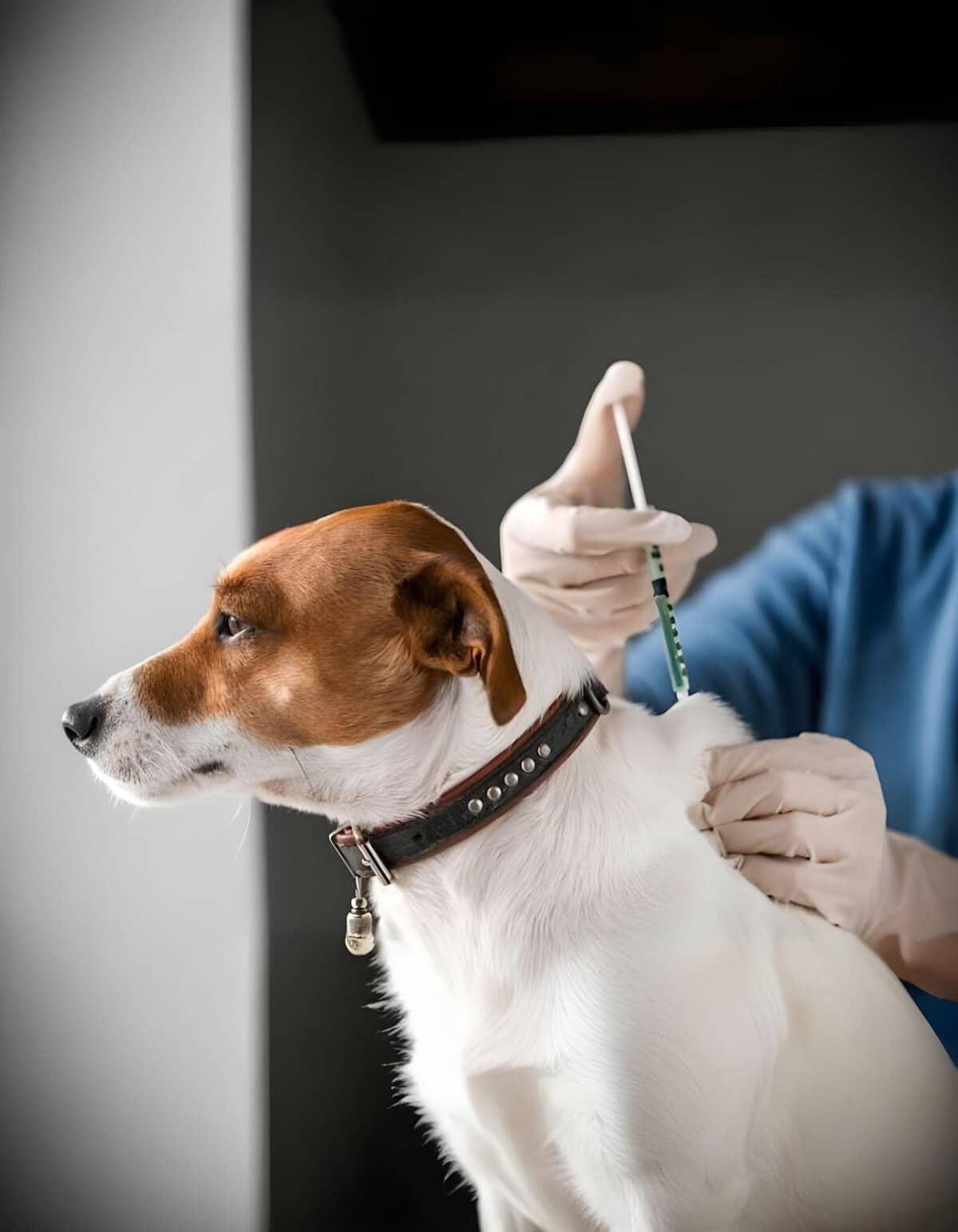
Parasite control is equally important. Intestinal parasites such as worms are a common cause of diarrhea in puppies. Regular vet visits are necessary for checking and managing these parasites. Worming treatments should start from as early as two weeks of age and continue monthly until six months old.
Proper Feeding Practices
Feeding puppies the right food is crucial for their digestive health. They require a balanced diet suited for their age and size. Puppies should eat specially formulated puppy food, which has the nutrients they need for growth.
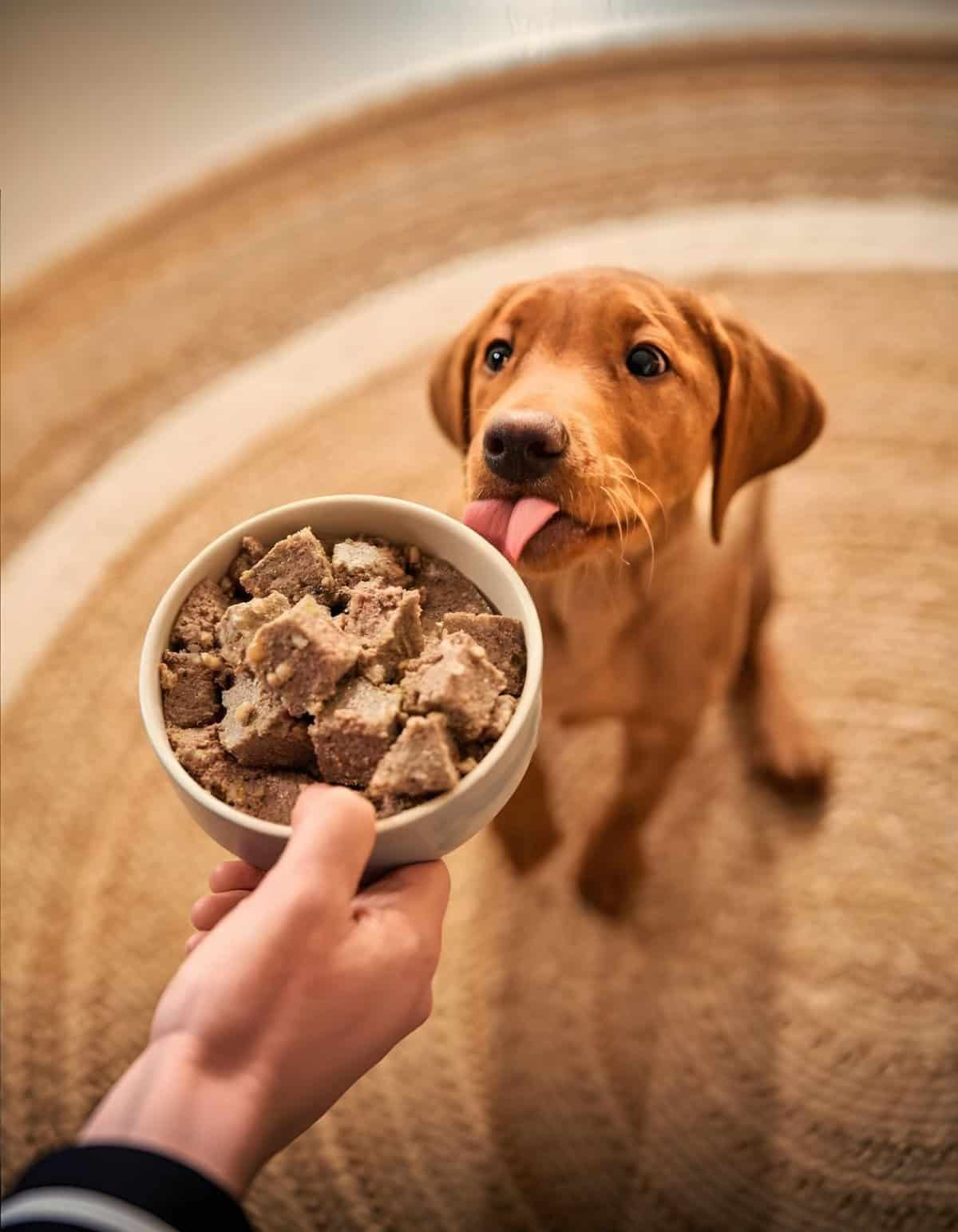
Sudden changes in diet can lead to upset stomachs and diarrhea. When switching foods, gradually mix the new food with the old over several days. Avoid giving table scraps or foods that are not intended for puppies, as these can upset their stomachs. Regular feeding schedules help maintain a healthy digestive system.
Home Care Strategies
Taking care of a puppy with diarrhea involves maintaining hydration and nutrition, ensuring comfort, and closely monitoring the puppy. These steps can aid in recovery and prevent complications.
Hydration and Nutrition
Hydration is crucial for puppies with diarrhea. Diarrhea can lead to quick fluid loss, so ensure the puppy has constant access to fresh water. In some cases, an oral rehydration solution may be helpful. This can replace lost electrolytes. You might find these solutions at pet stores or get them from a vet.
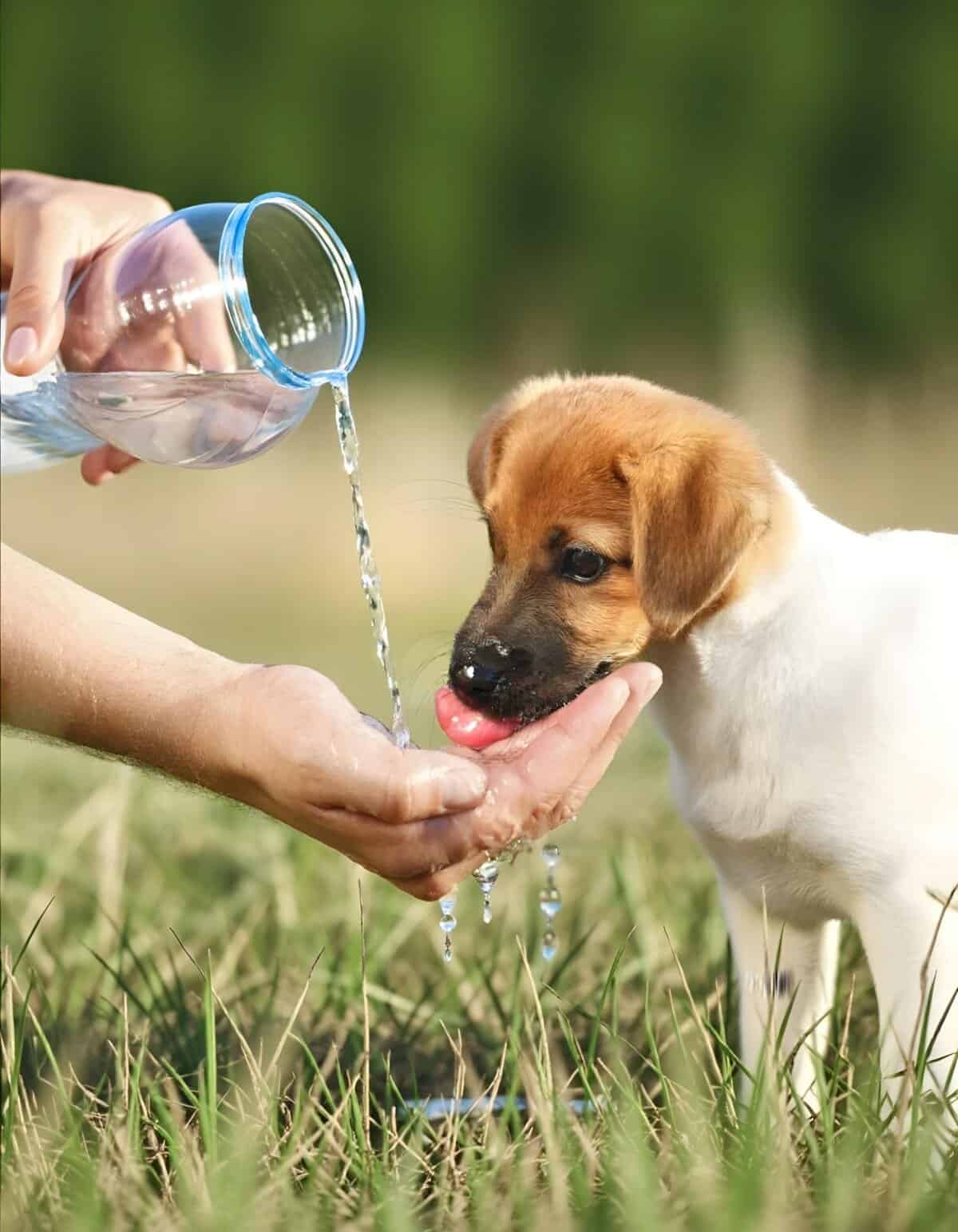
Nutrition also plays a key role. A bland diet is often recommended. This usually means foods like boiled chicken and rice. Small, frequent meals can be easier for the puppy to digest. Avoid foods rich in fats or oils during this time.
Comfort and Monitoring
It is essential to ensure the puppy’s comfort. Create a warm and clean resting area. Puppies often feel cold during illness, so a soft blanket or bed can help.

Continuous monitoring of the puppy is vital. Check for any changes in behavior or signs of dehydration, like sunken eyes or lethargy. Keep an eye on the consistency and frequency of the diarrhea. If symptoms persist or worsen, it’s important to contact a vet for advice.
Understanding Puppy Diet
Choosing the right food and knowing which foods to avoid are essential for keeping a puppy healthy. These choices can impact their digestion and overall well-being.
Choosing the Right Puppy Food
Puppies require a balanced diet with the right levels of protein, fat, and carbohydrates. Protein supports growth and muscle development. Look for foods with a protein content of about 22% for puppies.
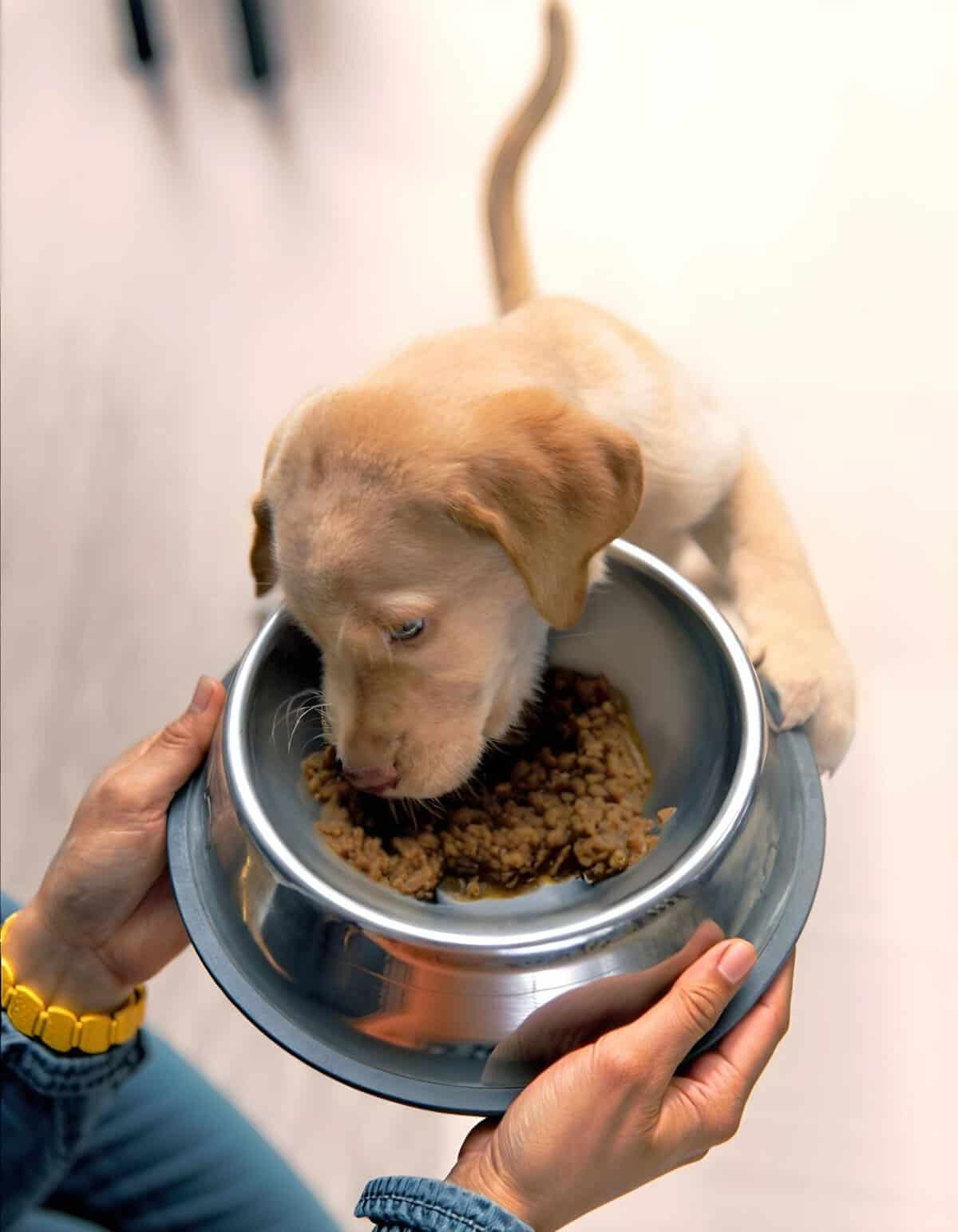
Fats provide energy. A puppy’s diet should have about 8% fat. Since puppies have small stomachs, give them high-quality food rich in nutrients for healthy development. Check for essential nutrients like calcium and phosphorus, which support bone growth.
When selecting food, it’s important to consider the puppy’s breed size. Large breeds need a diet that helps prevent rapid growth, reducing rthe isks of joint disorders. Small breeds need calorie-rich diets to match their high metabolism. Always ensure the food is AAFCO-approved for puppies to guarantee proper nutrition.
Foods to Avoid
Certain foods are harmful to puppies and should never be part of their diet. Chocolate and caffeinated items are toxic and can cause severe health problems. Grapes and raisins can lead to renal damage, while onions and garlic may cause anemia.

Bones from table scraps pose a choking hazard and can splinter, causing internal injuries. Dairy products like milk may upset their stomach due to lactose intolerance, resulting in diarrhea and discomfort.
Avoid foods high in salt and sugar, which can lead to obesity and other health issues. Xylitol, found in sugar-free gums and candies, is highly toxic and can be life-threatening. Always feed puppies food formulated specifically for them to ensure safety and health.
Dealing With Chronic Diarrhea
Chronic diarrhea in puppies requires careful attention. Key actions include detecting ongoing health issues and establishing a consistent management plan.
Identifying Chronic Issues
Recognizing chronic diarrhea means watching for long-lasting symptoms. Diarrhea that continues for more than a week might indicate a chronic problem. Look for other signs like weight loss, lack of appetite, or changes in behavior.
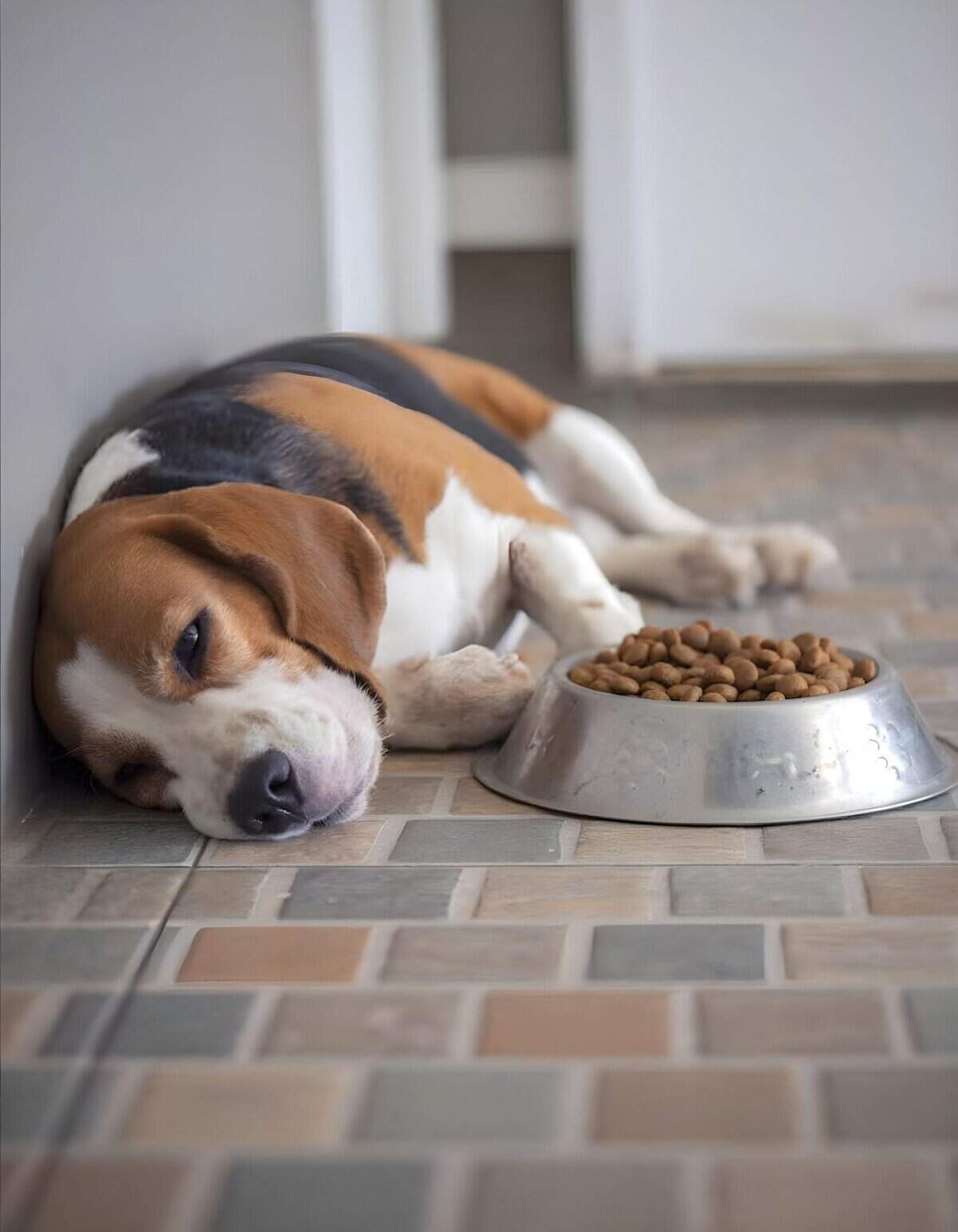
Check if the puppy has had frequent cases of diarrhea over several months. These repeated episodes can signal ongoing issues. It’s also important to note the puppy’s diet and any new foods or changes, as allergies or intolerances may contribute.

Veterinary tests can help identify parasites, infections, or other underlying causes. Keeping detailed records of symptoms and changes will aid your vet’s diagnosis.
Long-Term Management
Long-term management involves consistent care and monitoring. Diet plays a crucial role. A vet may recommend special diets with easily digestible nutrients. Probiotics can also support gut health, helping to balance the digestive system.
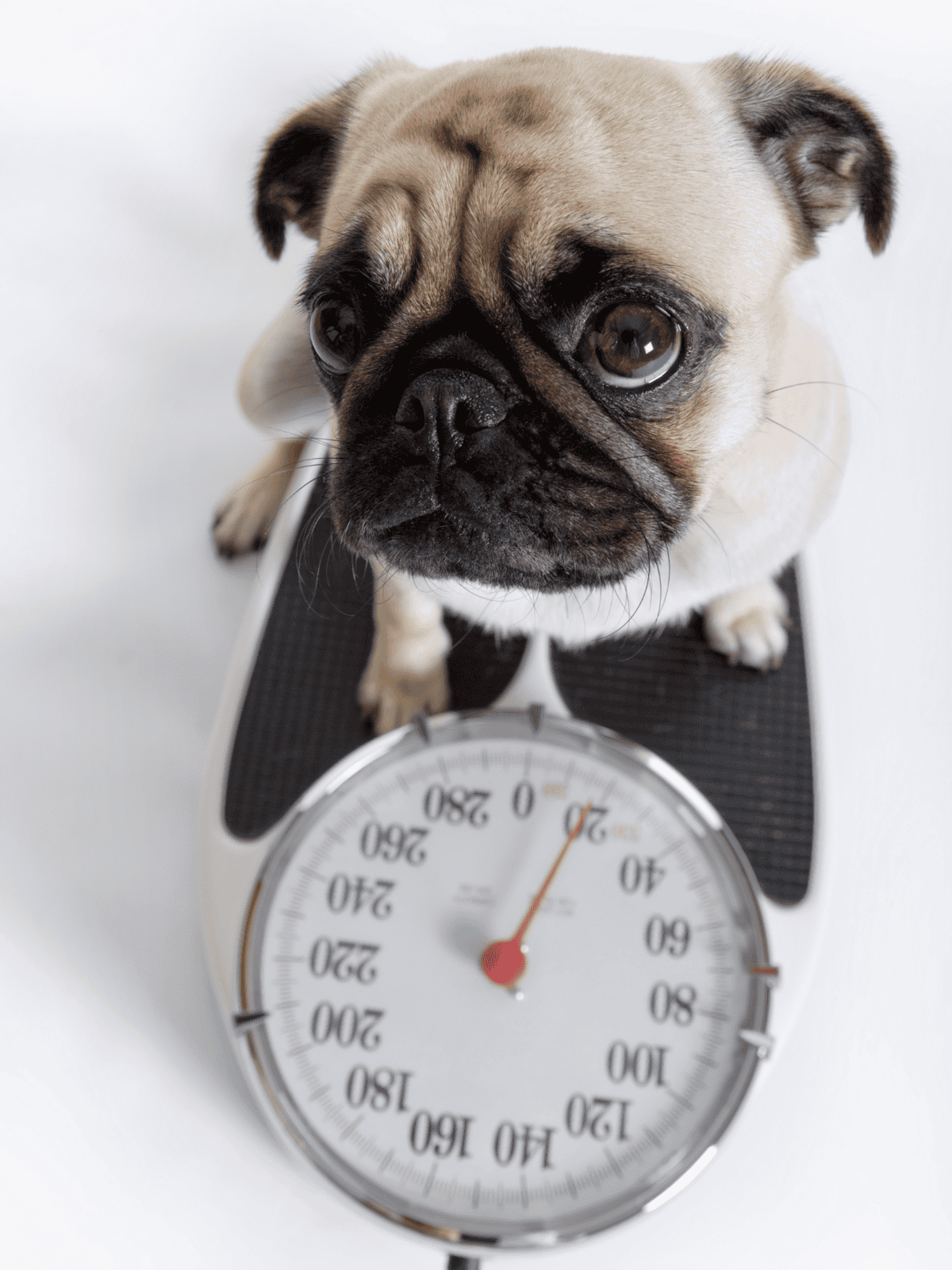
Regular vet check-ups are important to track progress and catch any new issues early. Monitoring weight, stool consistency, and energy levels helps assess the puppy’s health. Medication might be necessary for some conditions; follow the vet’s instructions precisely.
Ensuring clean living environments and avoiding stressors can further aid management. Consistency and patience are key in helping puppies recover and maintain health.
Complications Linked to Diarrhea
Puppy diarrhea can often lead to complications if not managed properly. To ensure the puppy’s well-being, it is important to address issues like dehydration, electrolyte imbalance, and other health concerns promptly.
Dehydration and Electrolyte Imbalance
Diarrhea can quickly lead to dehydration in puppies due to fluid loss. Puppies are more vulnerable because their bodies are small and can’t hold much water. Dehydration can cause dry gums, lethargy, and sunken eyes.
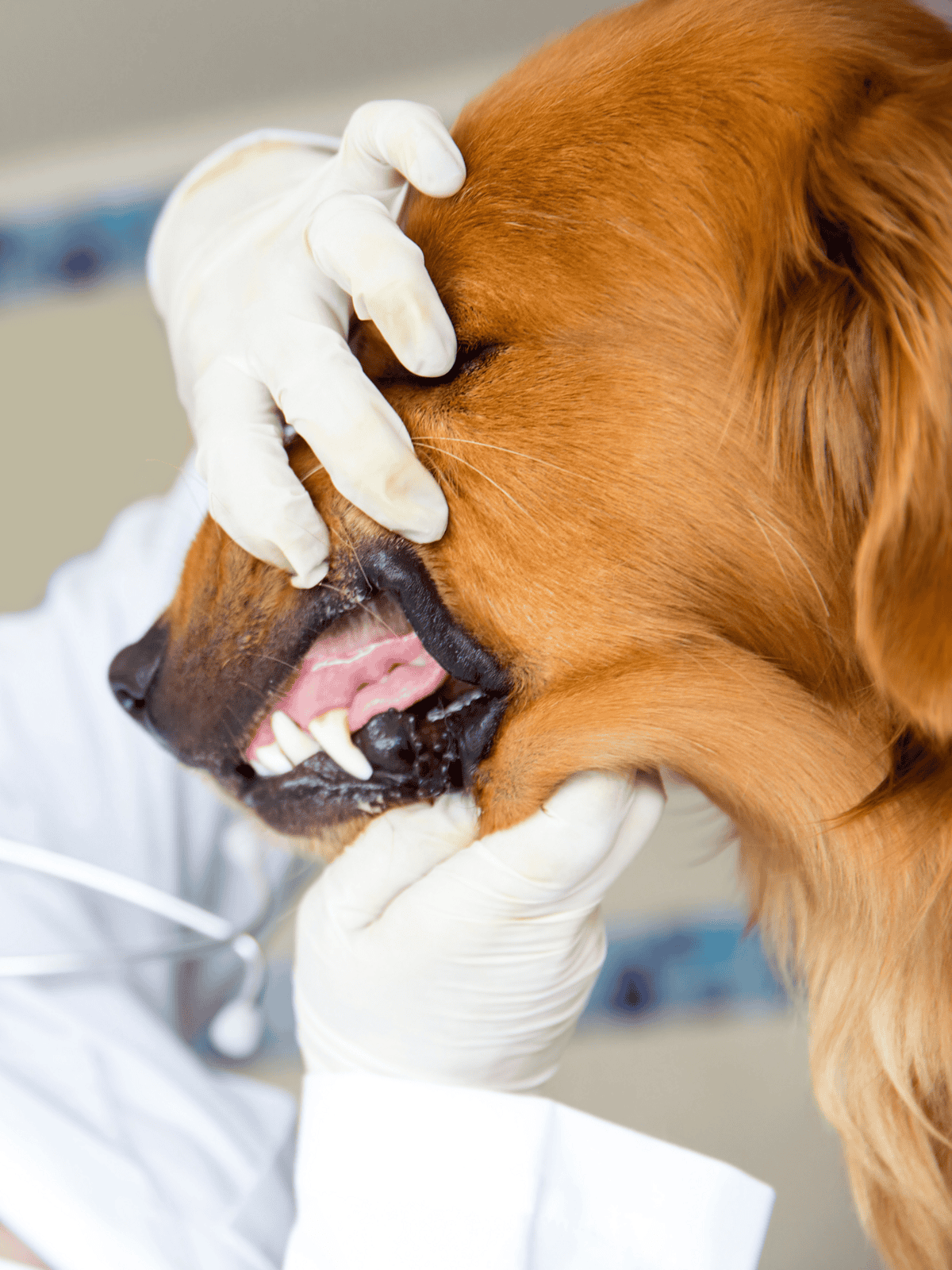
Electrolyte imbalance happens when important minerals like sodium and potassium are lost through diarrhea. This can lead to weakness and abnormal heart rhythms. It is vital to monitor these symptoms and provide an oral rehydration solution or veterinary care if needed. By maintaining fluid balance, puppies can stay healthier and recover faster.
Secondary Health Concerns
Puppies with diarrhea may suffer from other health issues. If diarrhea persists, intestinal infections can develop, making the gut more susceptible to bacteria.
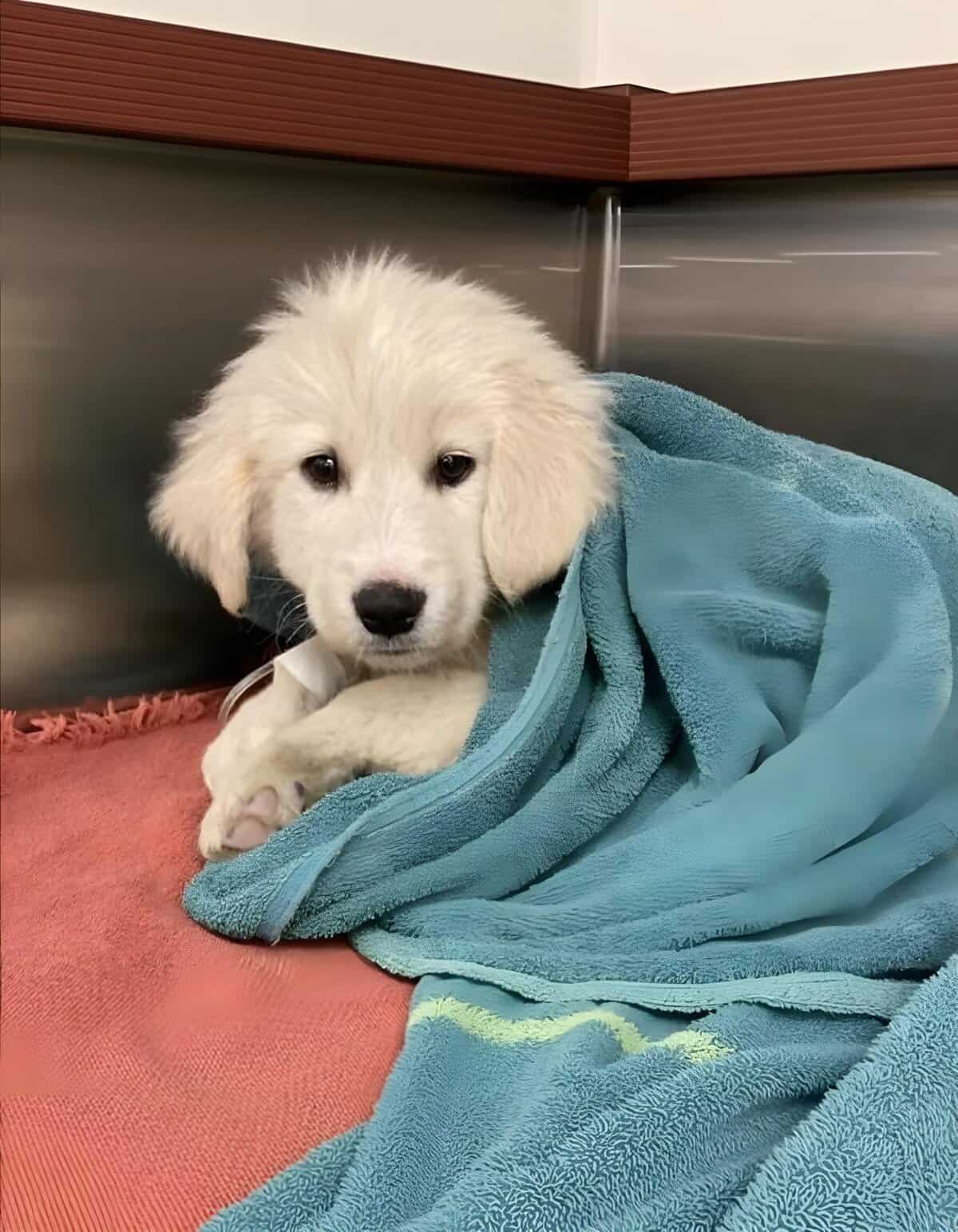
Poor nutrient absorption might cause weight loss. Lack of essential nutrients can weaken the immune system, making people more prone to infections. Skin and coat conditions may also develop, reducing overall health and vitality.
To prevent these issues, it is crucial to address the root cause of diarrhea and provide supportive care, like a balanced diet and medication if necessary. Taking these steps can help puppies recover and maintain their health.
Recovery and Follow-Up
After treating a puppy for diarrhea, it’s essential to monitor the puppy’s health closely. This helps ensure recovery and prevents future issues. Key actions include cautious dietary choices and regular vet check-ups.
Recurrence Prevention
Preventing future diarrhea episodes begins with regular vet consultations. These check-ups can catch underlying health issues early. Puppies should also receive their vaccinations on time to guard against infections.
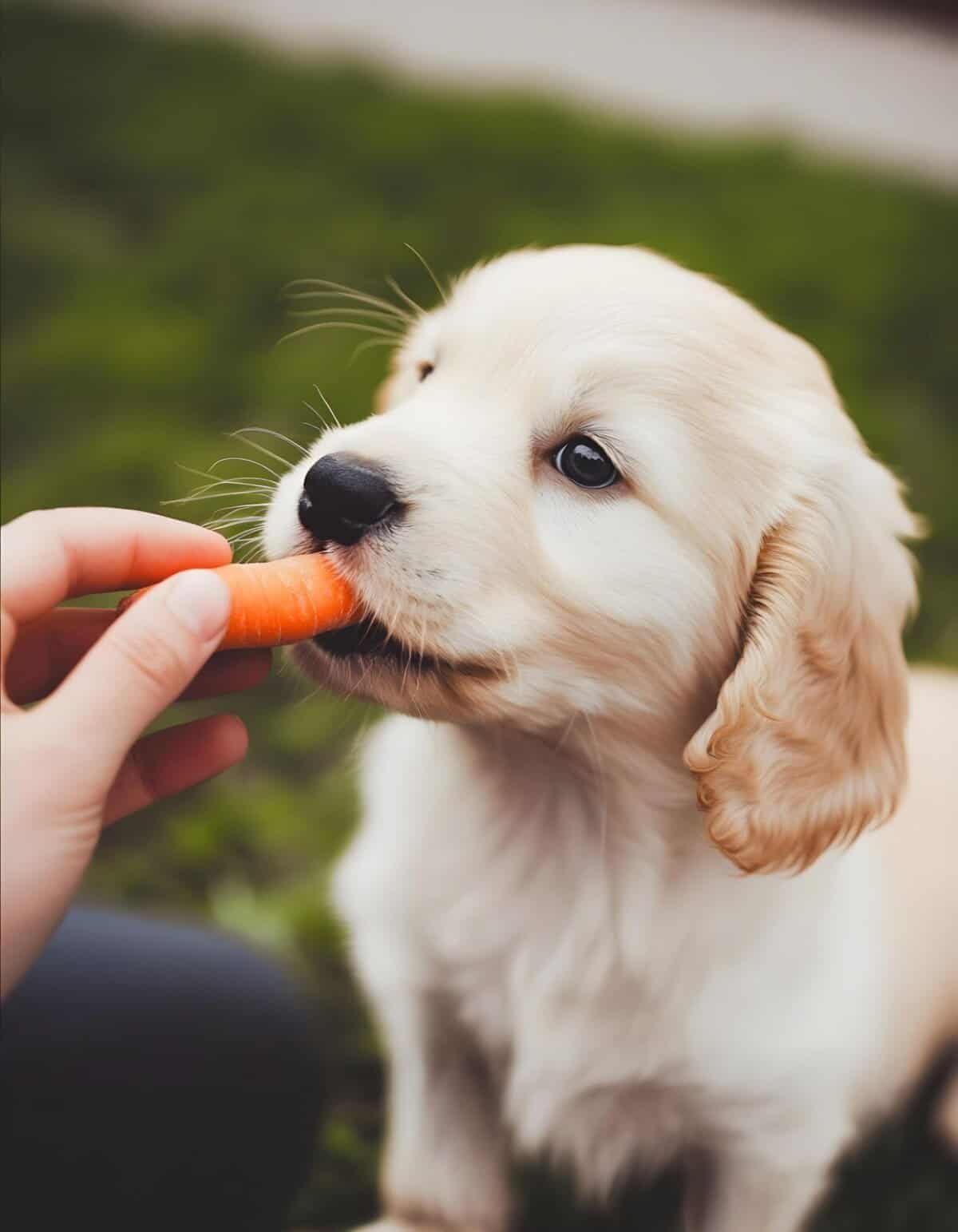
Diet plays a significant role in avoidance. Introduce new foods gradually to their diet. Some puppies have food sensitivities, so identifying these early helps. Limit treats and ensure their main meals are nutritionally balanced.
Hygiene is equally important. Make sure they have clean water at all times. Regularly clean their feeding bowls and living area to minimize exposure to harmful bacteria.
Post-Treatment Care
After diarrhea treatment, the puppy’s digestive system needs light, easily digestible meals. Food like boiled chicken and rice can be gentle on their stomach. It’s crucial to follow portion recommendations to prevent overeating.
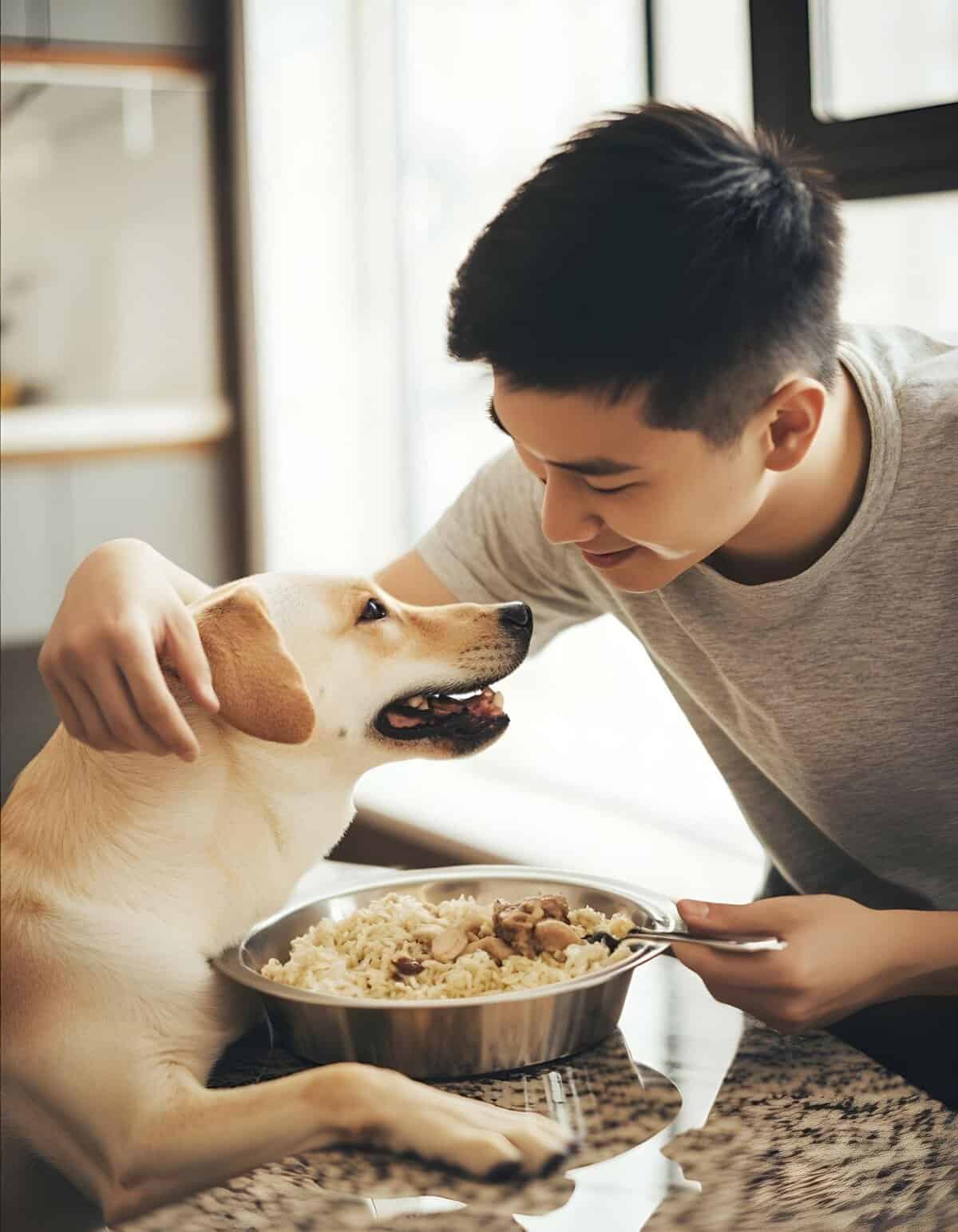
Hydration should be a priority. Keep an eye on their water intake, especially if dehydration was an issue during the illness.
Observe behavior closely. If signs of weakness or continued diarrhea appear, contact the vet immediately. Puppy health tracking can be useful. Keep a simple log noting any unusual symptoms or reactions to new food or treatment.
